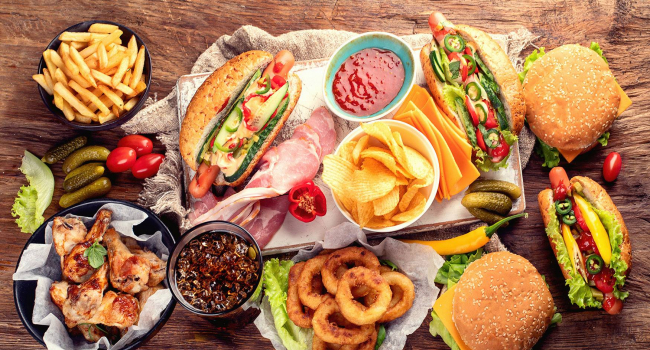If you often have trouble resisting the temptation to indulge in greasy foods, you’re not alone in this. Although almost everyone knows that foods high in oil are not healthy foods, avoiding them is indeed very difficult.
Oily foods high in fat content. This type of fat in food is usually also a “bad” fat that is detrimental to health. So, what are the possible impacts when you frequently eat foods containing oil?

One way of cooking that is easy and practical is frying. That’s why you can find greasy foods everywhere, from fast food restaurants, to hawker centers, to street vendors, to your very own kitchen.
If you only consume it once in a month, there may not be a problem with your body. However, in large quantities or in the long term, oil in food can cause health problems as follows.
- Digestive system disorders
The excess oil that you get when you eat fried foods can put pressure on the digestive system. This is because the process of digesting fat takes longer than other nutrients so that fat stays deeper in your stomach.
The digestive system ends up working harder to break down foods that come from oily foods. Over time, you may experience complaints such as bloating, nausea, or abdominal pain.
These foods can also trigger symptoms in people who have diseases of the digestive system such as irritable bowel syndrome (IBS), chronic pancreatitis, or vomiting. They may experience cramps, stomach pain, and diarrhea.
- Turn off the good bacteria in the gut
There’s been a lot of evidence showing that what you eat affects the balance of good bacteria in the gut. Your gut has good bacteria that are responsible for maintaining immunity and helping with several other functions.
Excessive consumption of oily food can disrupt the balance of bacteria in the gut. Fat will kill the good bacteria so that the number of harmful bacteria becomes more.
Changes in the number of intestinal bacteria can not only affect immunity, but also digestion of fiber, body weight, heart health, to general digestive health. So, start limiting the consumption of foods that are high in oil.